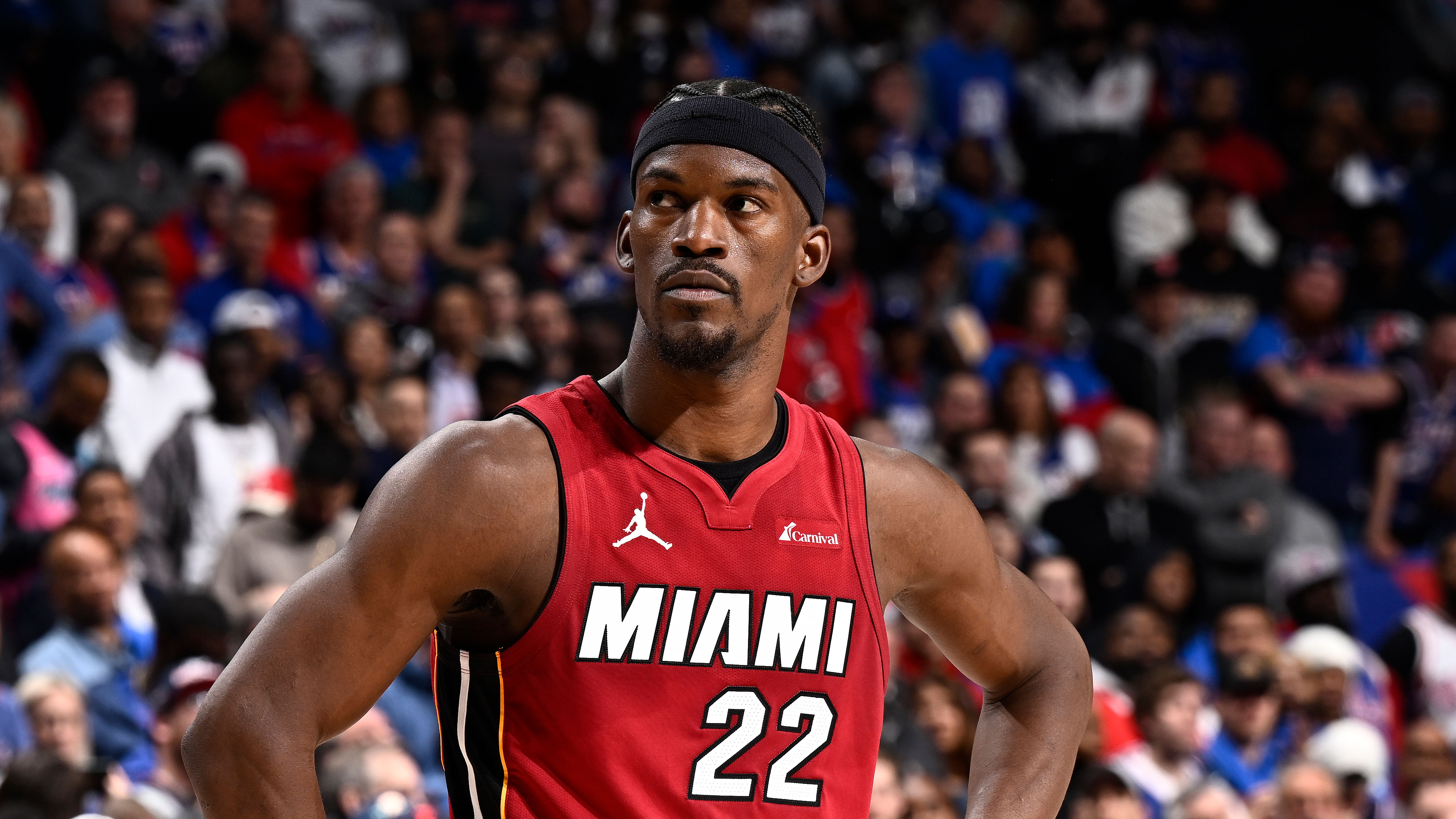The IOC is set to formally strip American cyclist Tyler Hamilton of his gold from the 2004 Athens Games and reassign the medals after his admission of doping, according to an Olympic official familiar with the case.
With the eight-year deadline approaching, the official told The Associated Press the IOC executive board will meet Friday to readjust the standings from the road race time trial and award the gold to retired Russian rider Viatcheslav Ekimov.
The official spoke on condition of anonymity because the decision hasn't been announced yet.
After years of denials, Hamilton told CBS's "60 Minutes" last year that he had repeatedly used performance-enhancing drugs. The IOC asked for documents from the U.S. Anti-Doping Agency before reallocating the medals.
Sports
In partnership with NBC Sports Philadelphia
The gold will now go to Ekimov, a former teammate of Hamilton and Lance Armstrong.
American Bobby Julich will be moved up from bronze to silver, and Michael Rogers of Australia from fourth to bronze.
The Russian Olympic Committee has repeatedly pressed for Ekimov to be upgraded to gold.
Ekimov already has two Olympic gold medals — the track team pursuit at the 1988 Seoul Games and the road time trial at the 2000 Sydney Olympics.
The Russians failed in a 2006 appeal to the Court of Arbitration for Sport to have Hamilton's gold given to Ekimov.
Ekimov rode with Armstrong on the U.S. Postal and Discovery Channel teams. He retired from cycling at the end of the 2006 season but remained in the sport as a director of the Discovery and RadioShack teams.
The case has gained urgency because the IOC's eight-year statute of limitations runs out at the end of this month.
USADA said at the time of Hamilton's doping admission that he had turned over his gold medal to the doping agency, but the IOC had not received it and the race result had not been officially overturned.
Before adjusting the results and reallocating the medals, the IOC wanted to be certain there was nothing in the U.S. investigation that implicated other riders or their coaches from the Athens cycling competition.
The IOC could have decided to disqualify Hamilton but not readjust the medals.
Hamilton had already come under investigation by the IOC during the Athens Games, when his initial doping sample indicated he had tested positive for a blood transfusion. The case was dropped after his backup "B" sample was mistakenly frozen and couldn't be properly tested.
Hamilton tested positive a month later at the Spanish Vuelta. After serving a two-year suspension, he returned to cycling but tested positive again for a banned substance in 2009 and was banned for eight years.
Hamilton, who helped Armstrong win the Tour in 1999, 2000 and '01, accused Armstrong in the CBS interview of doping. Armstrong has denied using performance-enhancing drugs.
USADA officials brought charges of doping against Armstrong in June, threatening to strip him of his Tour de France victories from 1999-2005. A federal grand jury investigation of the cyclist ended four months earlier without indictments.
Copyright AP - Associated Press



